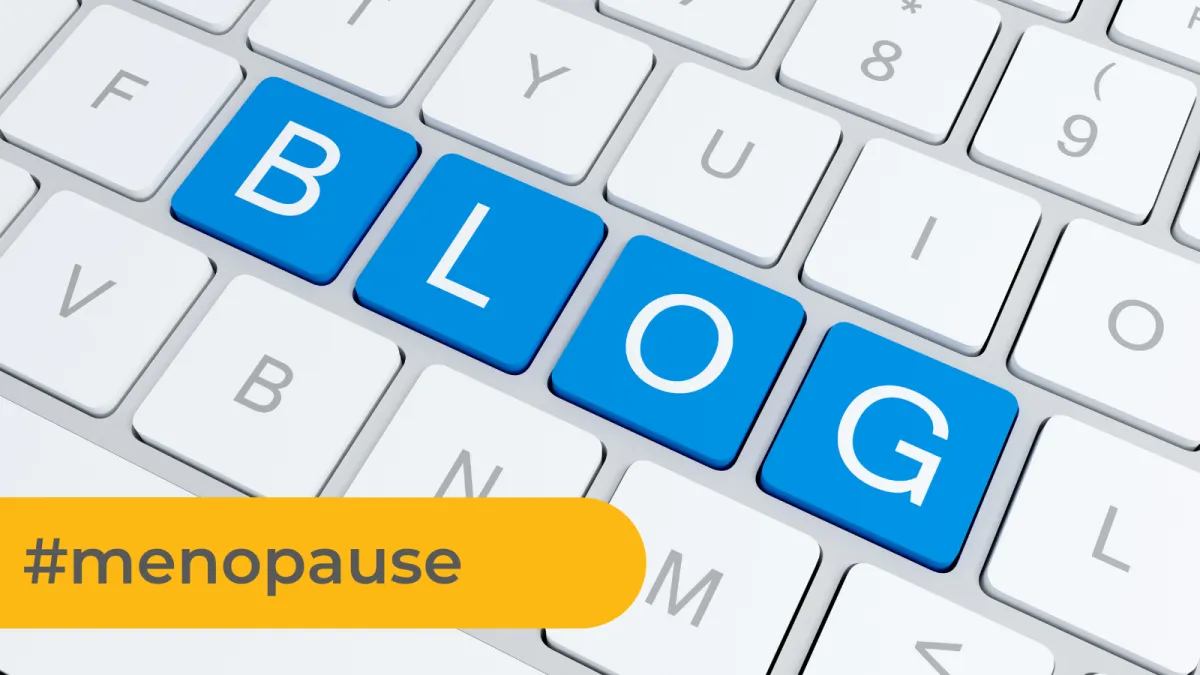
2-minute read
Last month was Menopause Awareness Month, as designated by the World Health Organization. I saw lots of articles on my news feeds and heard how organisations were offering webinars with ‘experts’ leading the discussions. The podcasts I listened to examined the subject, and newsprint and magazines delivered powerful headlines.
With all this publicity it feels like now is the time to initiate the topic in the workplace, if you haven’t already done so. Whereas in the past it was brushed under the carpet or mentioned in hushed tones, it’s now front-page news. So, shouldn’t we all commit to building a workplace culture where we all feel comfortable to talk about it?
A friend recently told me she had opened up to her manager. He’s a supportive caring type. He listened. He wasn’t an expert, and I’m aware that he found the conversation difficult. But he tried his best. My feeling is we should be provisioning support for these managers.
Getting back to basics, we all need to start from a position of understanding. What is the menopause? What are the symptoms? I’m not going to list them here, just head to Google and you’ll be inundated with a wealth of information. It’s that detail that should be shared. If there is awareness then there can be understanding, empathy, and support.
So, once we all have a shared level of understanding what should happen next?
There should be guidance for managers, and that’s not just in understanding on how to deal with the conversation. If there is a menopausal woman with insomnia in your team, can you support her through your organisation’s policy on flexible working hours? In larger organisations Occupational Health teams are available but in smaller organisations let’s build support networks or ‘buddy’ systems, to enable a ‘safe’ space for the conversation.
What happens when symptoms are evident in the workplace environment? The poor memory, forgetfulness, difficulty concentrating. Can you adjust and allocate tasks accordingly? Do you have quiet spaces available where there is less chance of interruptions, so that you can support those who are struggling with losing focus and concentration. Some small discreet changes can make a big difference.
Then there’s the anxiety issue. Provide mindfulness activities to support wellbeing. Ensure there is protected time for discussions with the internal support network and/or professionals. Provisioning space and acceptance will help to support the conversations – they’ll become more commonplace rather than being that one confessional moment which is then buried under the ‘we’ve-had-the-discussion-now-let’s-move-on’ pile. It’s not a one-off. These symptoms can continue over long periods, so let’s promote regular check-ins.
From the HR perspective, have you got to the place where you record ‘menopause’ as an absence type? Do you have statistics to understand how many women in your organisation are experiencing this at this moment in time? If you have the knowledge of how many are affected, you can focus your initiatives in the right place at the right time.
A few years ago, when I attended a menopause talk in my workplace, a senior consultant from a local hospital came in and delivered some powerful messages. Details on HRT, stats, advice, support groups etc. It felt quite ‘ground-breaking’; there were even some men in the audience. I remember them being picked out as ‘brave’. I wonder whether now, if that same audience would include more men and whether individuals wouldn’t feel so ‘awkward’ attending. I wonder whether the conversation would feel more acceptable and comfortable?
From my perspective I want to empower confidence and a caring approach to how we handle the menopause in the workplace. Let’s explore this subject with great care and let’s keep reading, keep watching out for your colleagues, and keep supporting those that you see who might need that little bit extra.